In a significant ruling, U.S. District Judge Toby Crouse decided not to block a Biden administration rule that mandates background checks at gun shows in Kansas and 19 other states.
This decision leaves Texas as the only state where the rule has been successfully challenged. The enforcement of this rule continues as the lawsuit progresses.
Multi-State Lawsuit Challenges Federal Rule

The lawsuit, initiated by Kansas and 19 other states, along with three individual gun collectors and a Wichita-based collectors’ association, aims to prevent the Bureau of Alcohol, Tobacco, Firearms, and Explosives from enforcing the new rule that was implemented in May, until the resolution of the lawsuit.
This legal action reflects significant opposition to the new federal requirement.
Broad Legal Opposition to Background Check Rule

Following the implementation of the new rule in May, 26 states led by Republican attorneys general, along with groups of gun owners and individual collectors, filed three separate lawsuits.
They argue that the rule, which extends beyond gun shows to other non-traditional selling points, closes a significant loophole in gun sales monitoring.
Concerns Over Second Amendment Rights
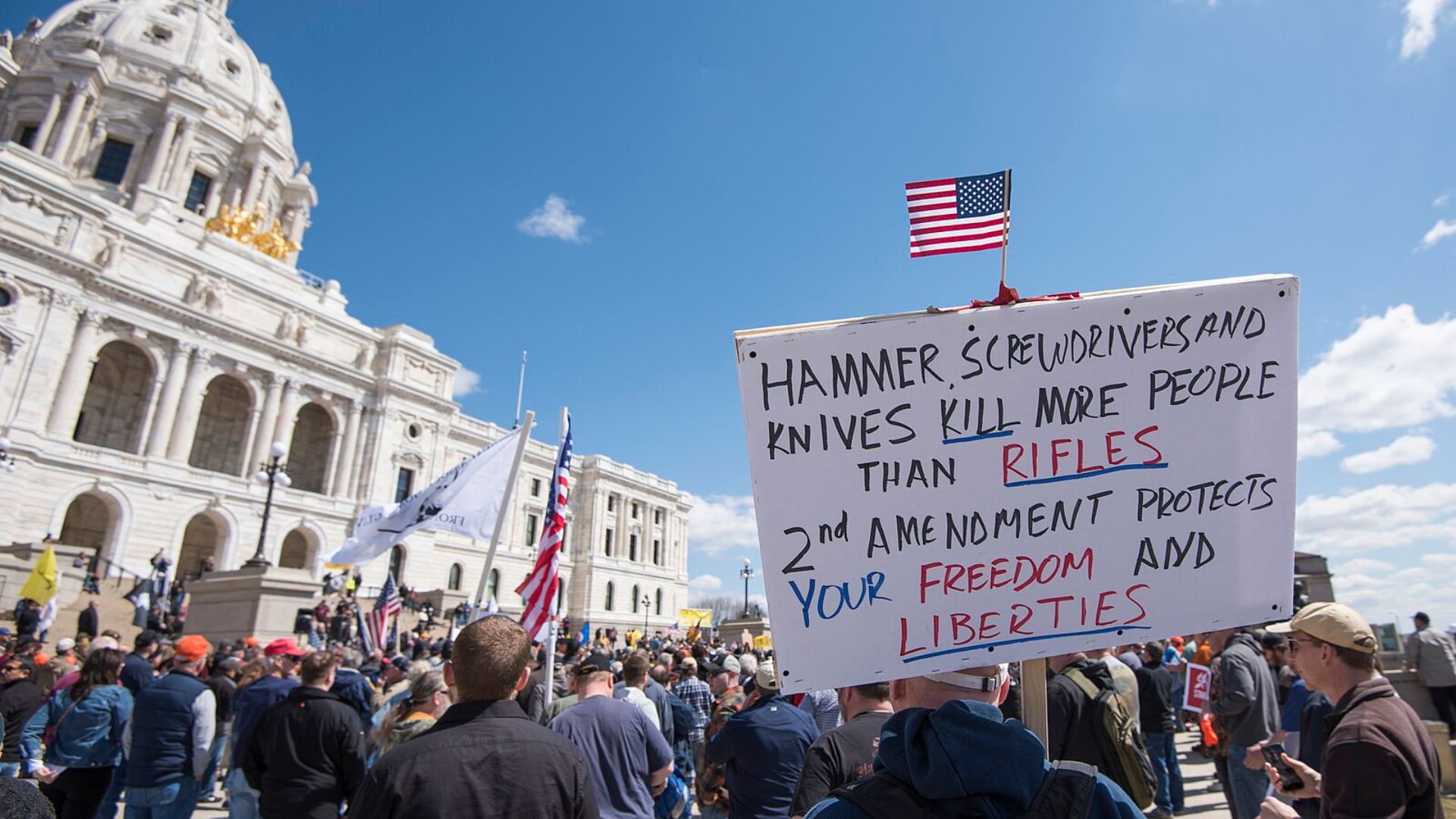
Critics of the new rule argue that it infringes upon Second Amendment rights. They contend that President Joe Biden’s administration lacks the legal authority to enforce such regulations.
Additionally, opponents believe that the rule will negatively impact gun sales, reducing availability to collectors and decreasing state tax revenues.
Judge Crouse’s Rationale in Upholding the Rule

In his ruling, Judge Toby Crouse noted, “While they may ultimately succeed on the merits, they have failed to make a strong showing that they are substantially likely to do so.”
This reflects skepticism about the plaintiff’s chances of success in their challenge against the rule.
Texas Receives Different Judicial Response

Prior to the nationwide enforcement, U.S. District Judge Matthew Kacsmaryk in Texas ruled differently, granting a block against the rule’s enforcement in Texas and for members of four groups, including Gun Owners of America.
However, this block did not extend to other states involved in the Texas lawsuit, such as Louisiana, Mississippi, and Utah.
The Ongoing Implementation of the Rule
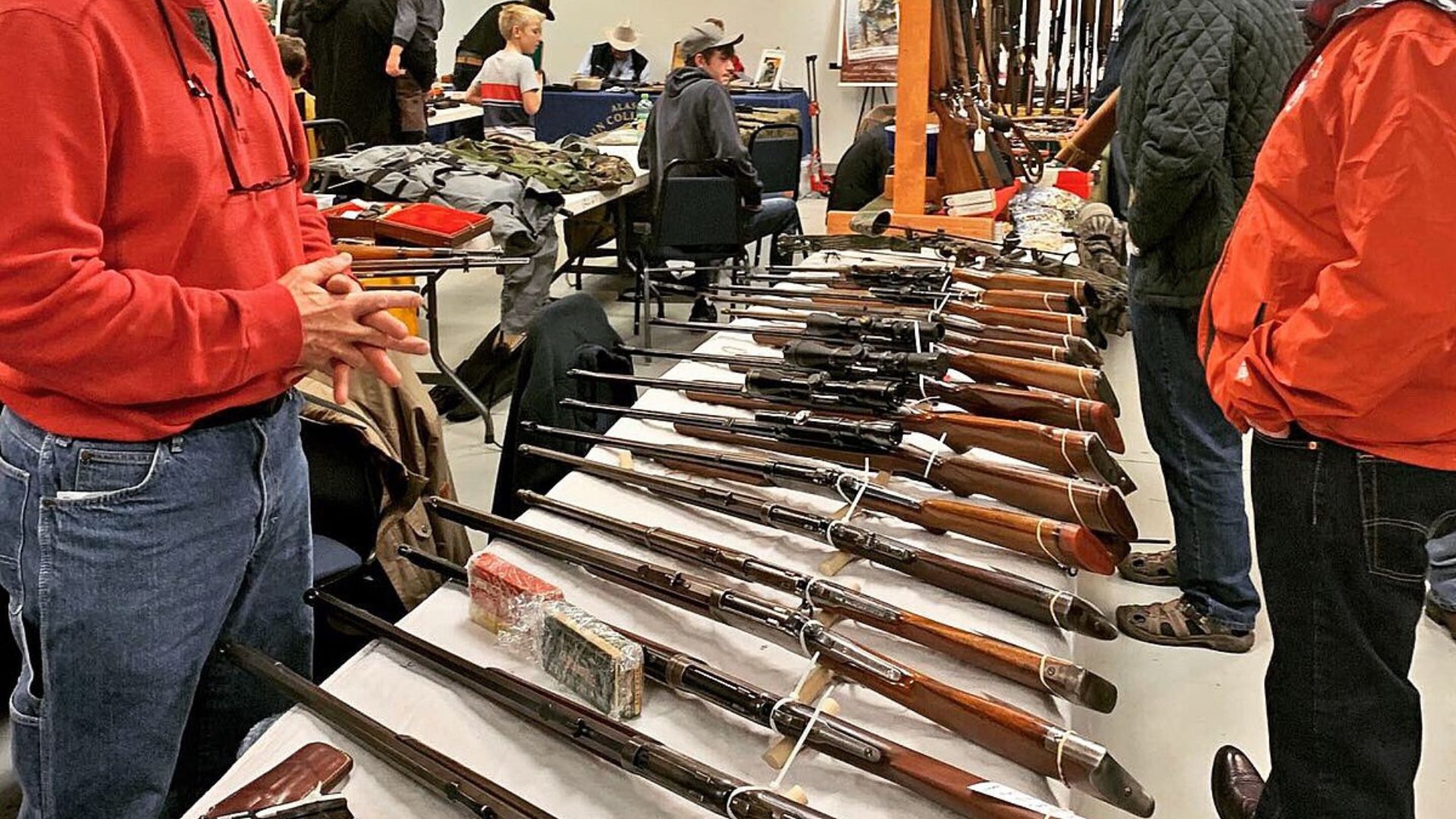
Despite the legal challenges, the rule requiring background checks at gun shows and other venues continues to be enforced across the United States.
This enforcement has prompted varied responses from different states and groups, reflecting the contentious nature of gun control debates.
Florida’s Pending Legal Challenge

Adding to the legal battles, Florida has also filed a lawsuit challenging the rule.
This case remains undecided, indicating that the judicial landscape concerning this rule is still evolving and could potentially impact the rule’s future implementation.
Department of Justice Withholds Comment
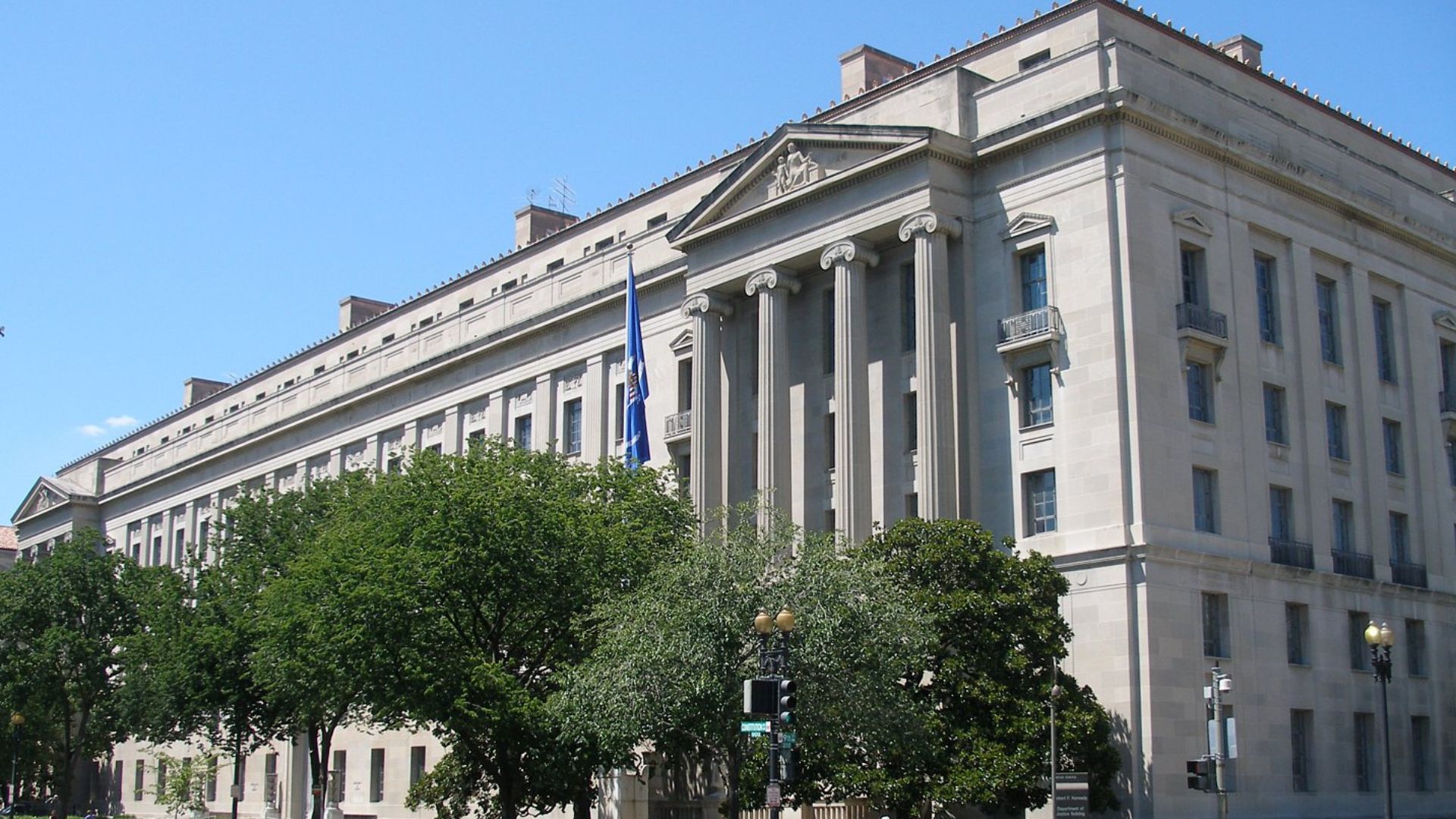
Following the decision by Judge Crouse, the U.S. Department of Justice declined to comment on the ruling.
This silence comes at a time when the legal battles over the rule are heating up, and its future remains uncertain.
Phillip Journey Expresses Confidence in Rule’s Reversal
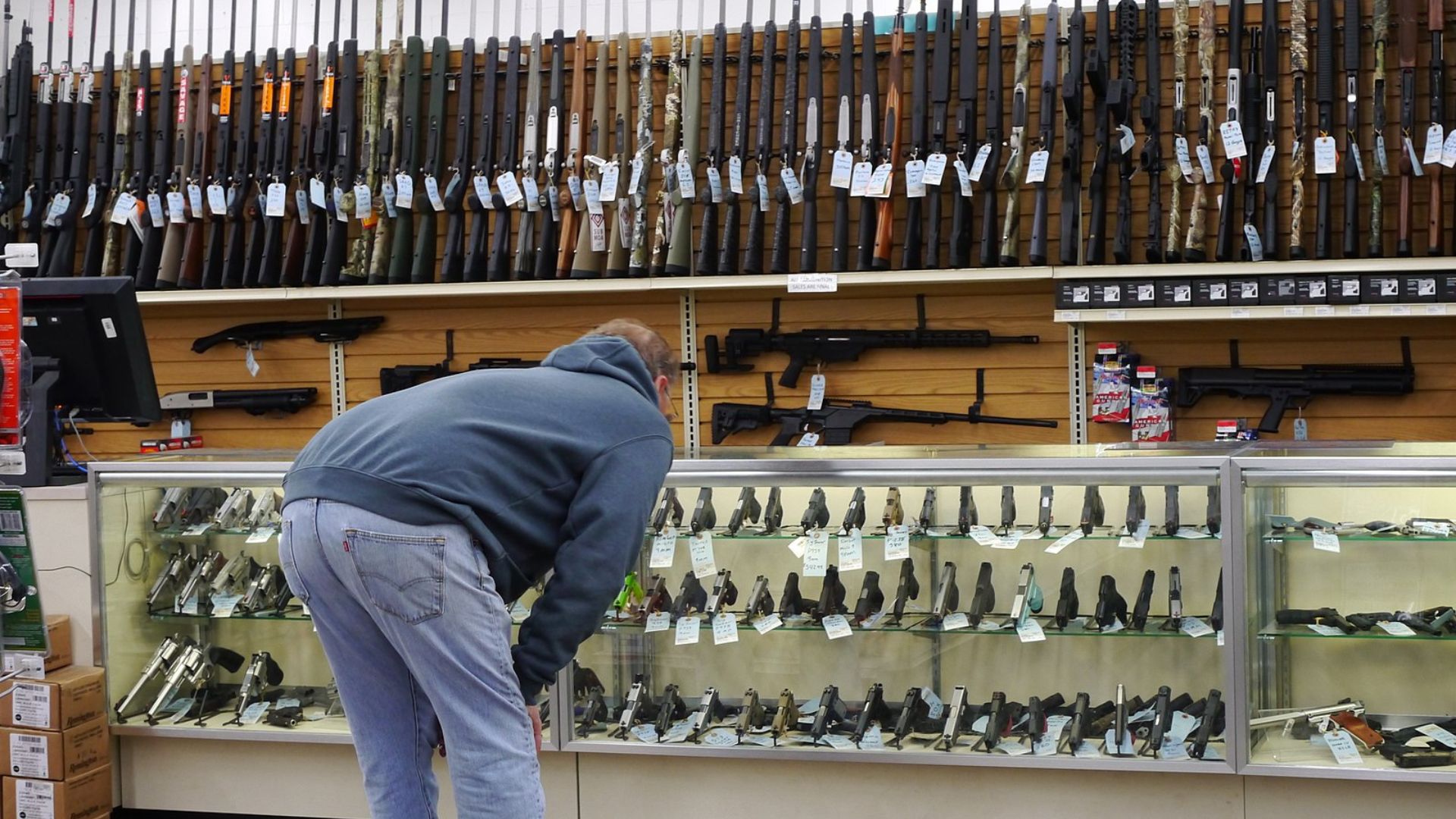
Phillip Journey, one of the plaintiffs and a former Kansas state senator, expressed his perspective on the ongoing legal challenge.
He said, “I am confident the rule and perhaps the underlying statute will ultimately be voided,” reflecting the determination of some challengers to continue their legal fight.
Kansas Attorney General Anticipates Overturning the Rule
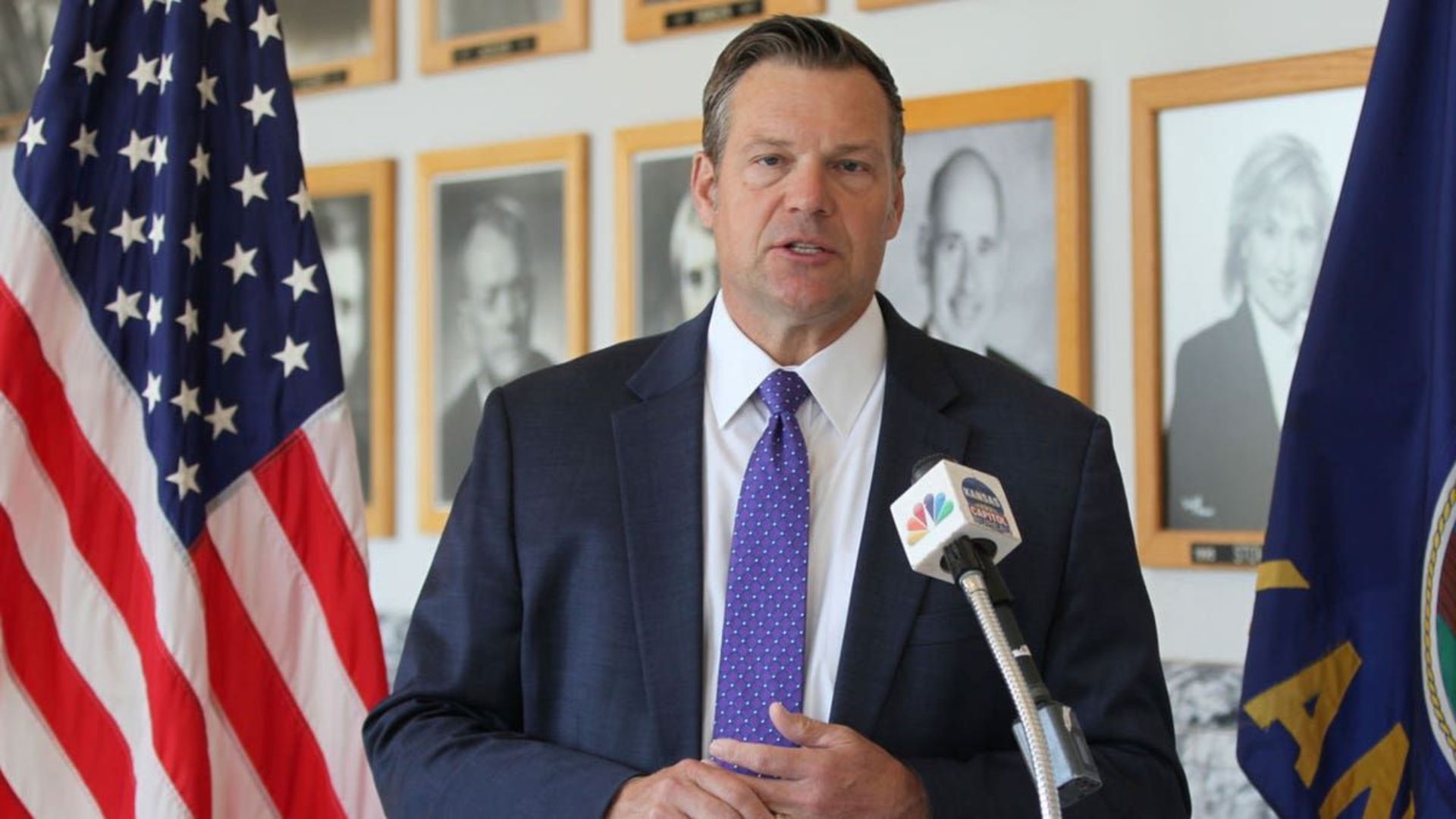
Kansas Attorney General Kris Kobach also commented on the potential future of the rule.
He said, “This is a very early stage in a case that is likely to continue for a long time unless President Trump is elected and immediately rescinds the rule,” highlighting the political and legal complexities surrounding the issue.
The Extensive Legal Battle Continues

As legal challenges continue, the debate over the Biden administration’s rule on gun sales remains a focal point for discussions on gun control and constitutional rights in the United States.
With several states and legal figures involved, the outcome could have significant implications for gun legislation and enforcement across the nation.
